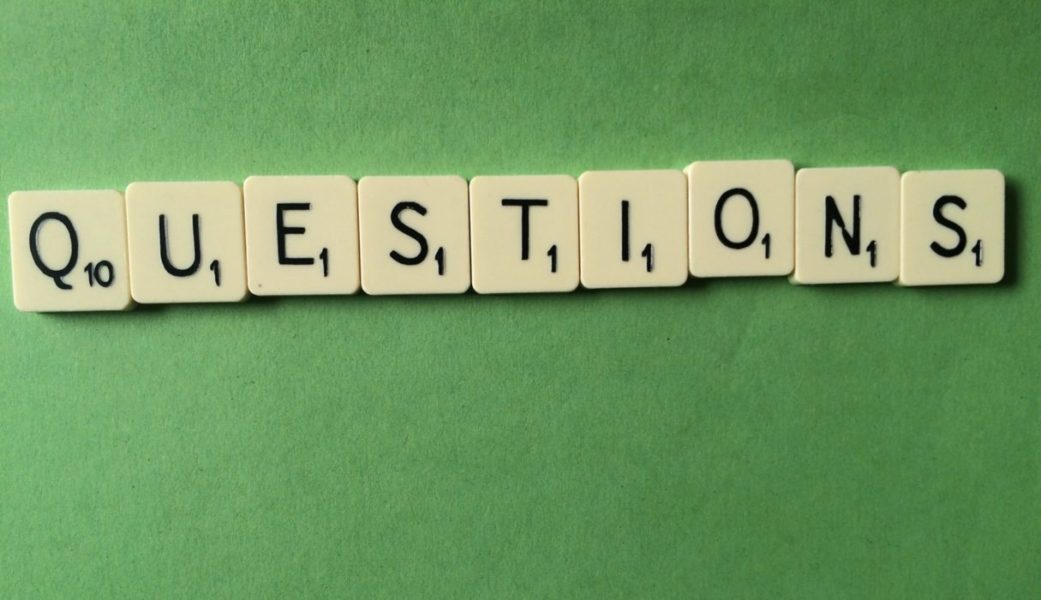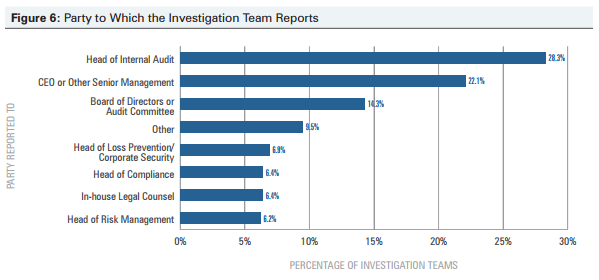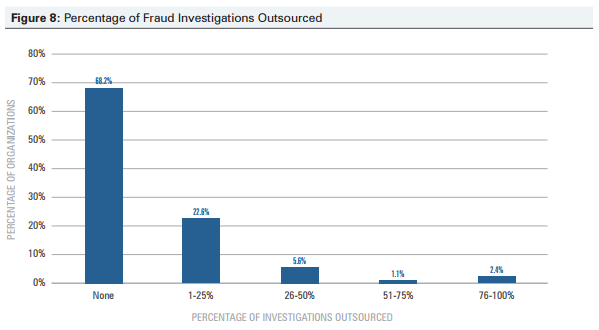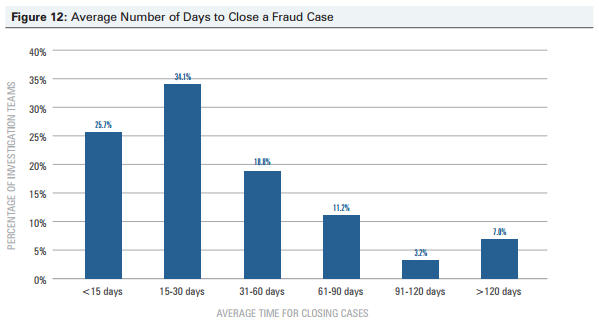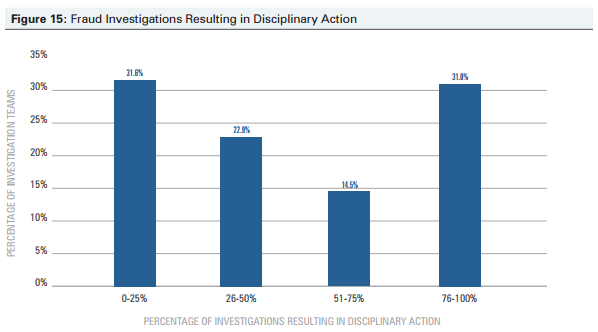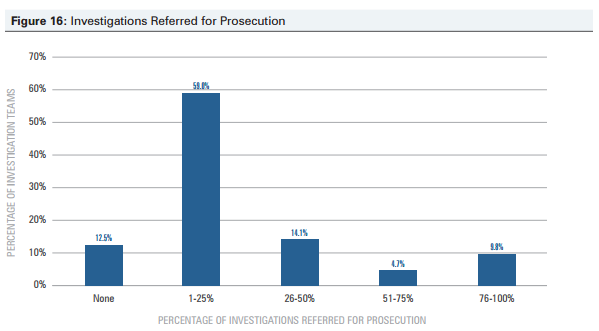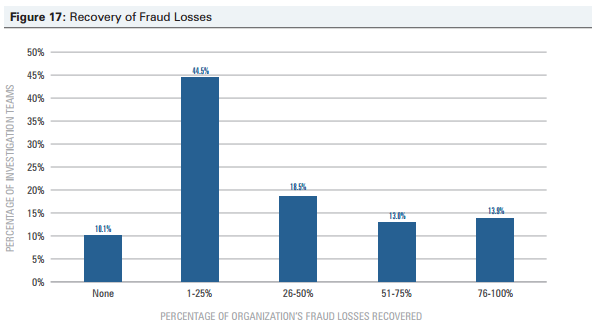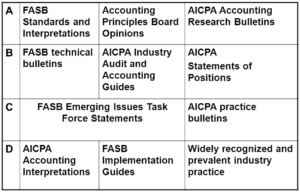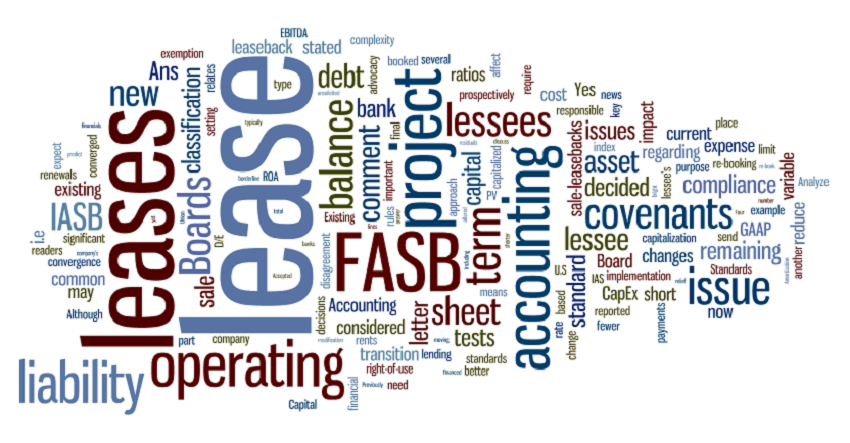Recently I attended a training by my local Association of Certified Fraud Examiners (ACFE) chapter addressing the topic of conducting interviews. I thought the topic was interesting and certainly applicable in my line of business. For this reason I’m writing today’s post on this topic.
To begin, television shows and movies too often seem to portray interviewing techniques that are wholly ineffective in most circumstances. For example, in the movie L.A. Confidential the good cop-bad cop scene shows essentially every signal of aggression. As expected, the bad cop plays really tough with the subject, who eventually submits to his wishes. In reality, when faced with such drastic circumstances, an interviewee may say whatever the interviewer wishes, even giving a false or unreliable admission. Experience dictates that this is not truly effective interviewing.
Rapport
Effective interviewing requires rapport building with the interviewee. Indeed, there are various techniques to do this. Examples include listening, asking follow-up questions, understanding the interviewee psychologically, saying “I want you to relax,” and asking the interviewee “tell me about your life/yourself.”
Of course, not having a checklist mentality is very important as well. This is because a checklist mentality does not sufficiently accommodate for changes in plan or approach that often times are necessary on the fly. I discuss the practice of check listing in another post.
Another key aspect of building rapport is deciding the best approach to take. Appealing to reason or logic, rather than fear, is more likely to create an effective bond with the interviewee. Moreover, the interviewer generally shouldn’t dominate the conversation, but rather seek to make the power neutral between the interviewer and the interviewee.
Interviewers should also think about what type of support network the interviewee may have. For example, one might ask if there are other perpetrators or victims that may not already be identified.
What’s going on in the interviewee’s mind?
As a means of trying to anticipate potential issues or identify appropriate questioning techniques during an interview, interviewers should understand what is going on in the interviewee’s mind. There are at least three things that an interviewee is thinking through, whether consciously or sub-consciously. These include an interviewer assessment, a subject assessment, and asking him or herself “what about me” questions.
The interviewer assessment
- Do I like the interviewer?
- Do I trust the interviewer?
- Is the interviewer judging me?
The subject assessment
- Why is the interviewer talking to me? The interviewer has responsibility to explain this up front.
- Do I have the information that the interviewer seeks?
- How much does the interviewer know?
- How much can the interviewer find out from other sources?
“What about me” questions
- What happens if I disclose the information?
- What happens if I do not disclose the information (fired, jail, fine, etc.?)
- Am I comfortable?
Voluntary disclosure
Of course we want the interviewee to voluntarily disclose information. As such, an interviewer should take an approach that encourages the interviewee to do this. Think of the art of persuasion, using the sales pitch to appeal by being genuine, compelling, and using logic and reason.
Awareness
Equally important to effective interviewing is situational awareness. Sun Tzu, a 6th century BC Chinese military strategist, identified three attributes of awareness that are relevant to this topic and the ACFE training adapted these attributes to effective interviewing as follows:
Know yourself as an interviewer
As an interviewer, I need to identify my strengths and weaknesses, mold my techniques to my strengths, and create my style of interviewing.
Know your “enemy”
As an interviewer, I need to understand the interviewee’s motivations, strengths, and weaknesses. Furthermore, I need to try to answer the 10 questions (listed above) on behalf of the interviewee beforehand. Finally, I should acknowledge that every interviewee is different and that my approach should be fluid and flexible to accommodate changes in plan.
Know the terrain
As an interviewer, I need to understand the laws applicable to the facts and circumstances (e.g., employment law, criminal law). In addition, I need to understand company policy and procedures as well as the corporate culture. Ultimately, I need to understand the BIG picture in focus.
Application
When one gets into the details of effective interviewing, today’s post identified a number of factors to consider. For some, thinking through each factor can be overwhelming. With this in mind, consistent practice is what I believe makes an interviewer more effective.
I received permission from the authors of the training (Travis Boyd, CPA, Johnnie Bejarano, DBA, CPA, CFE, and Doug Laufer, PhD, CPA, CFE) to share the slide deck here.
Photo credit





